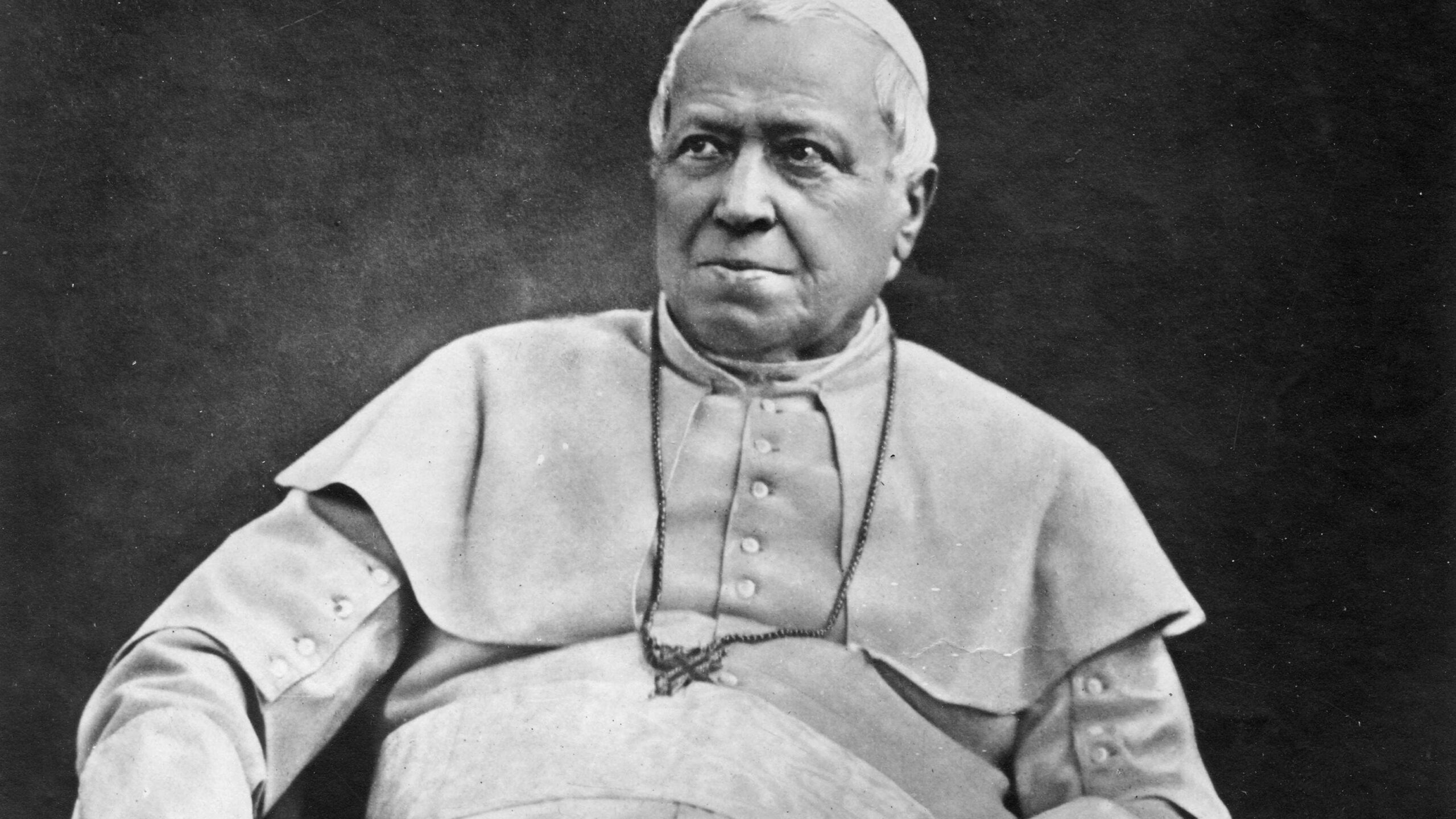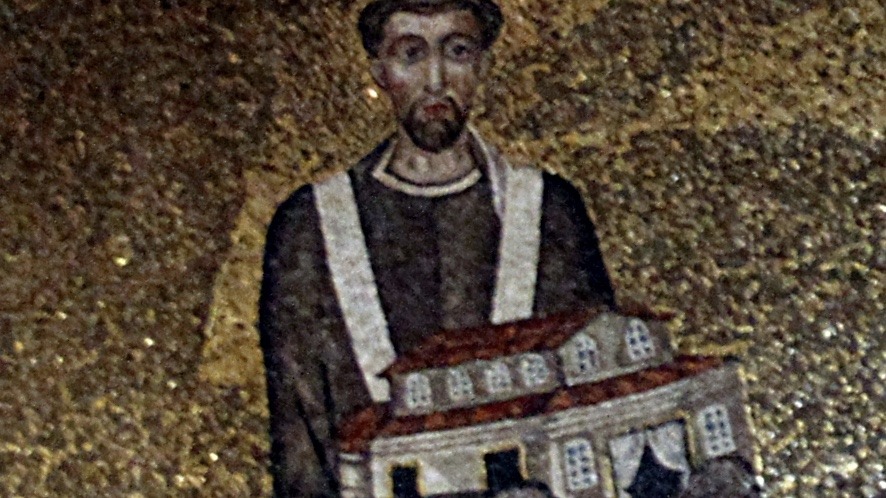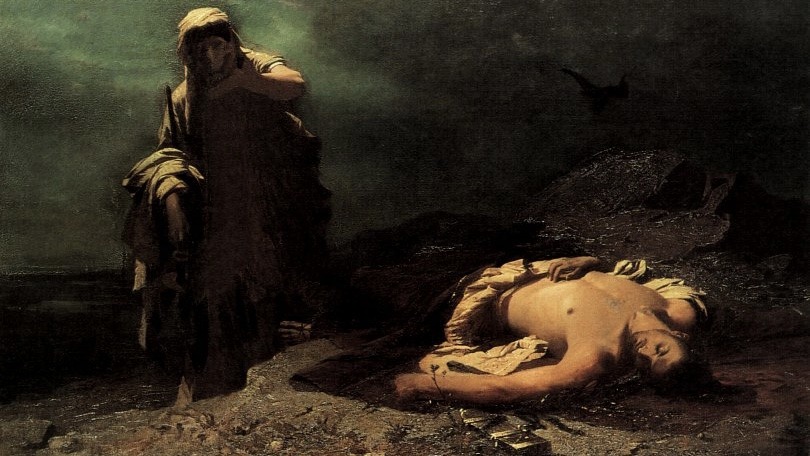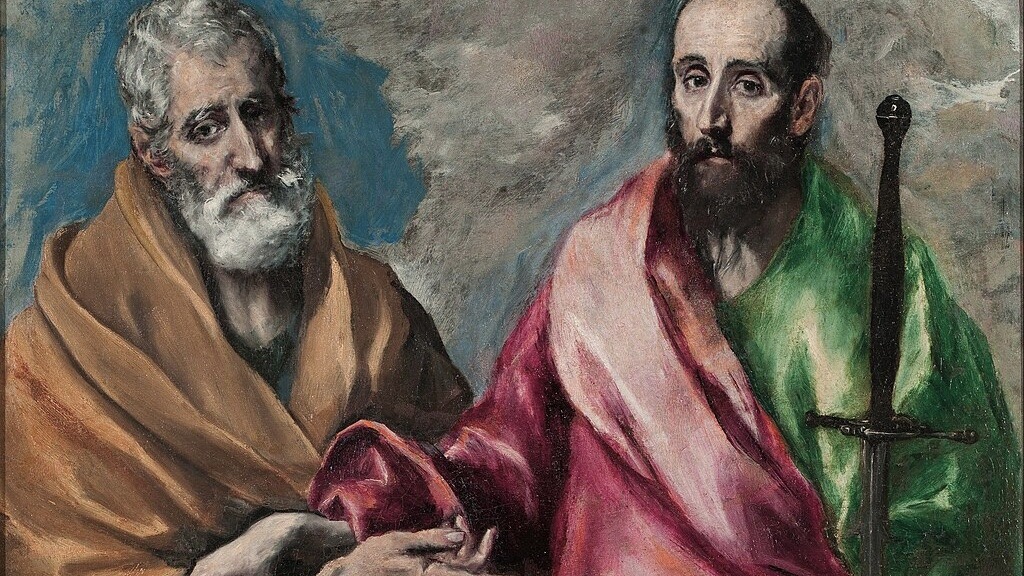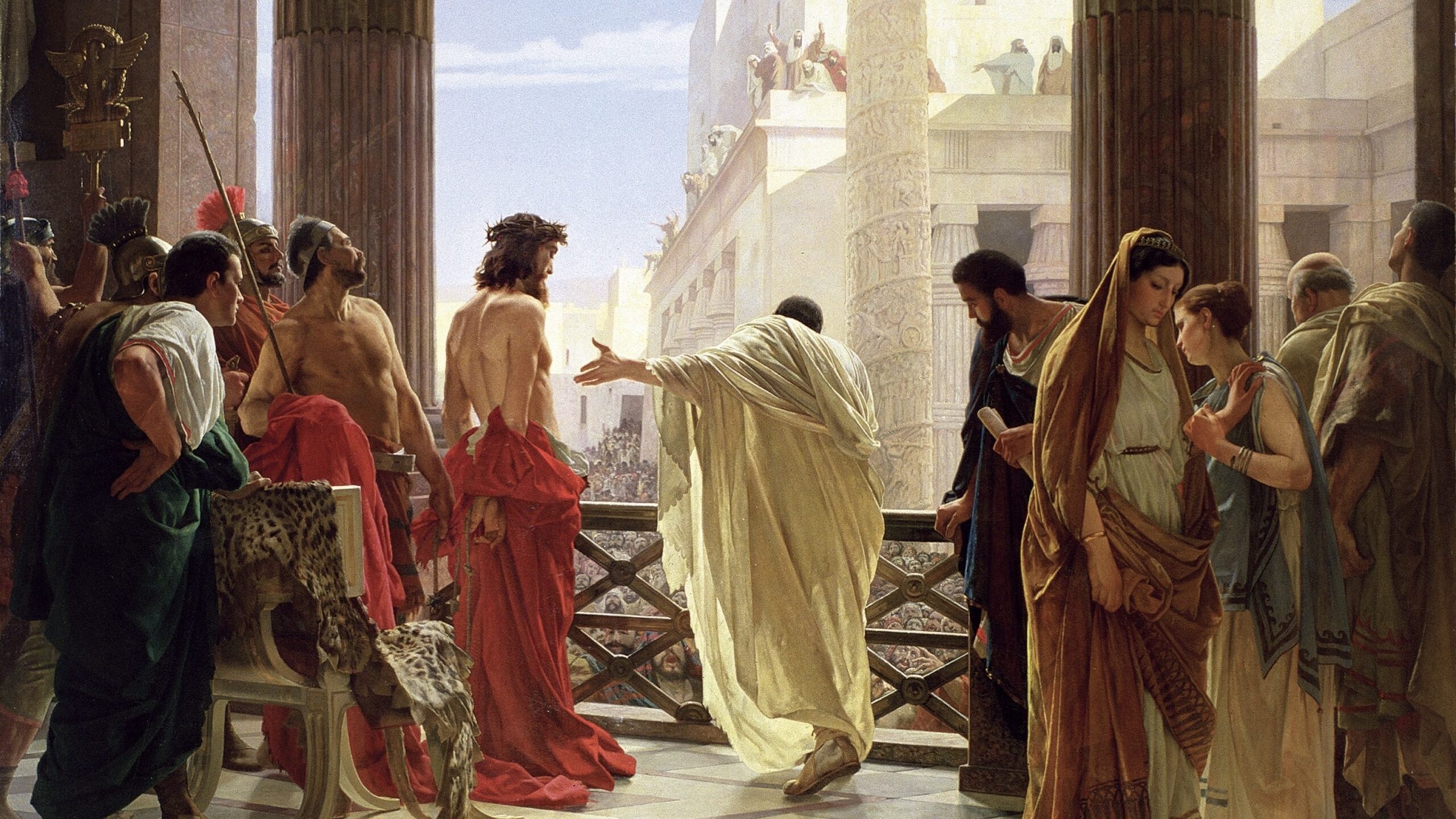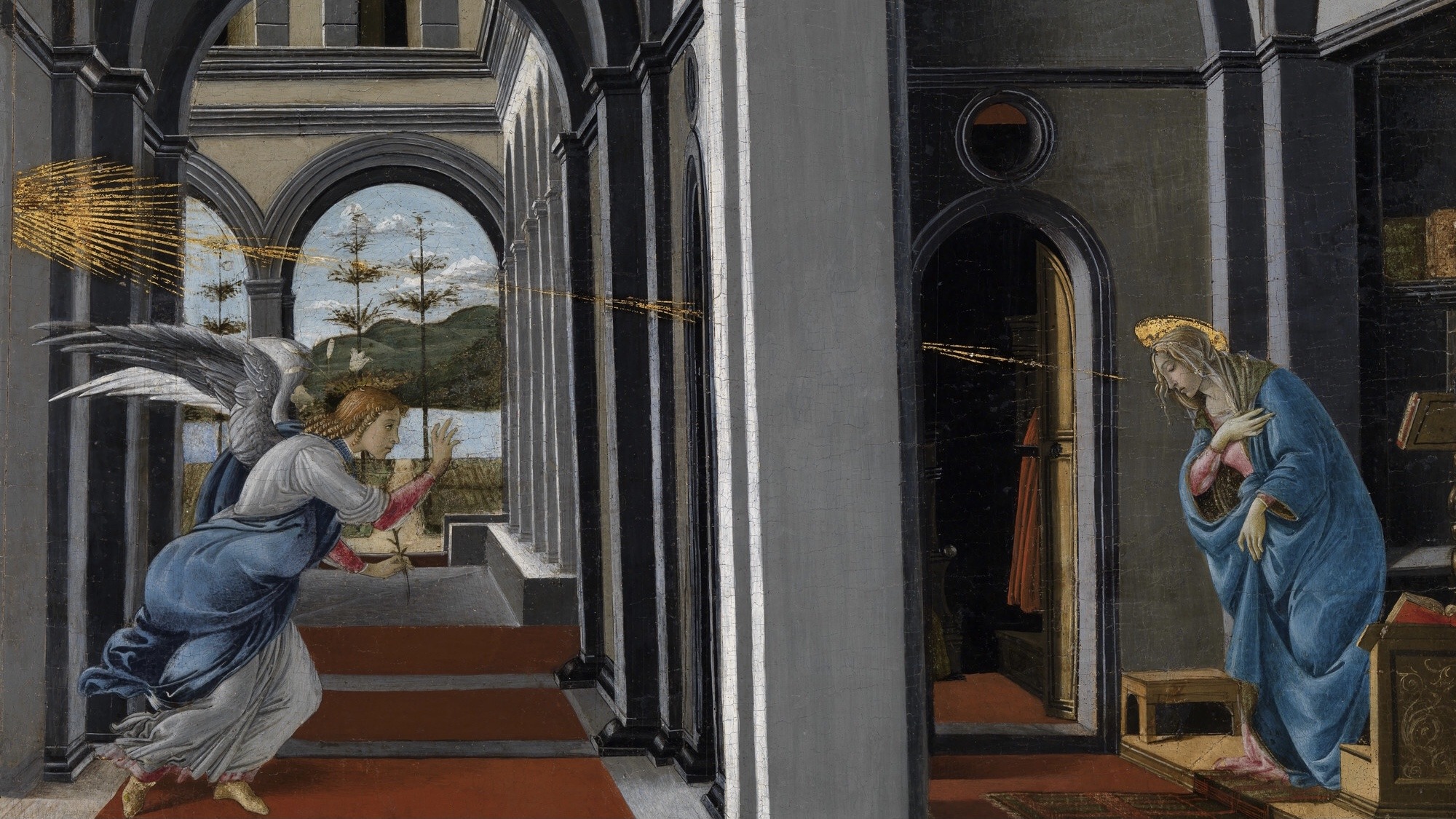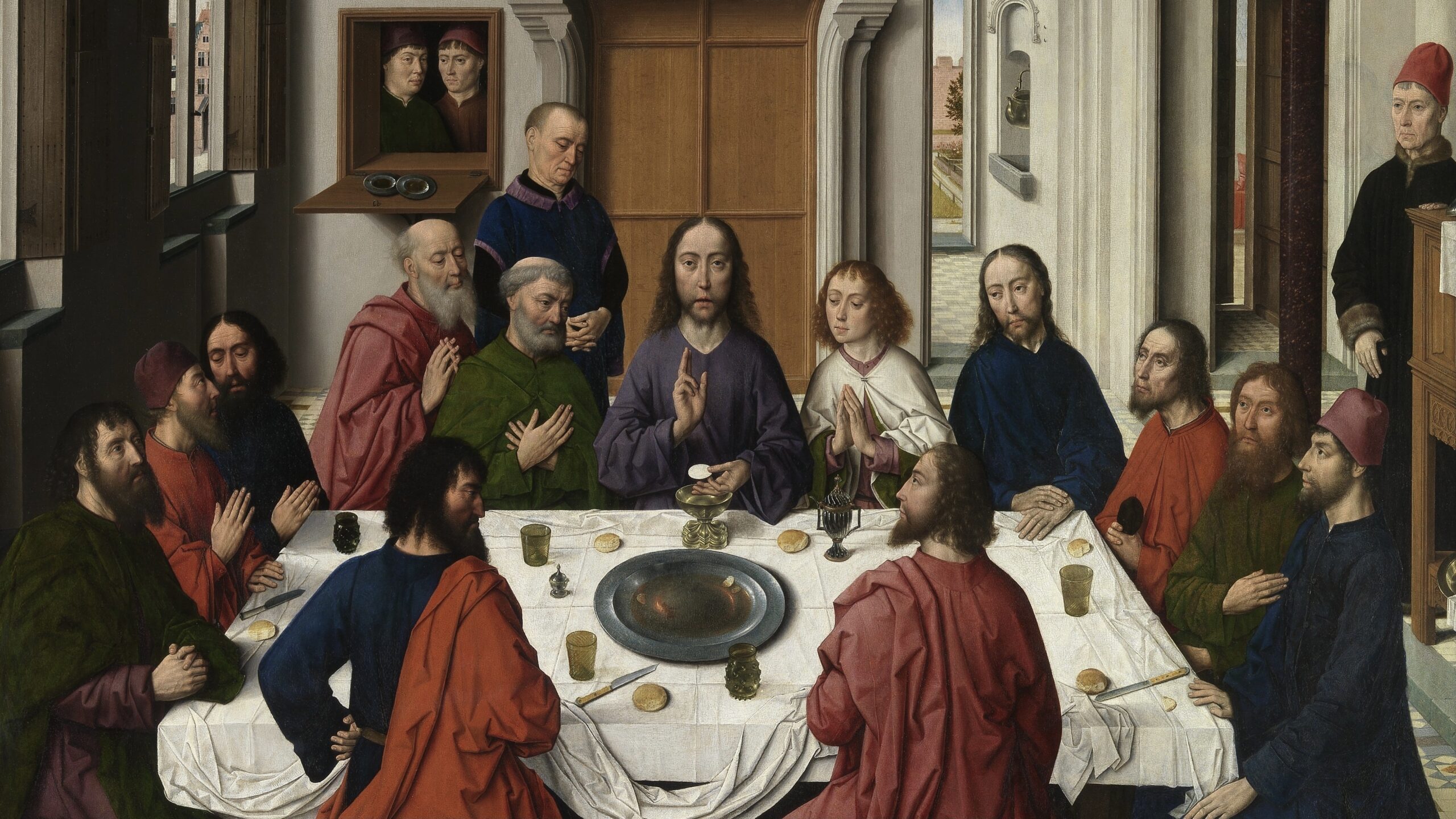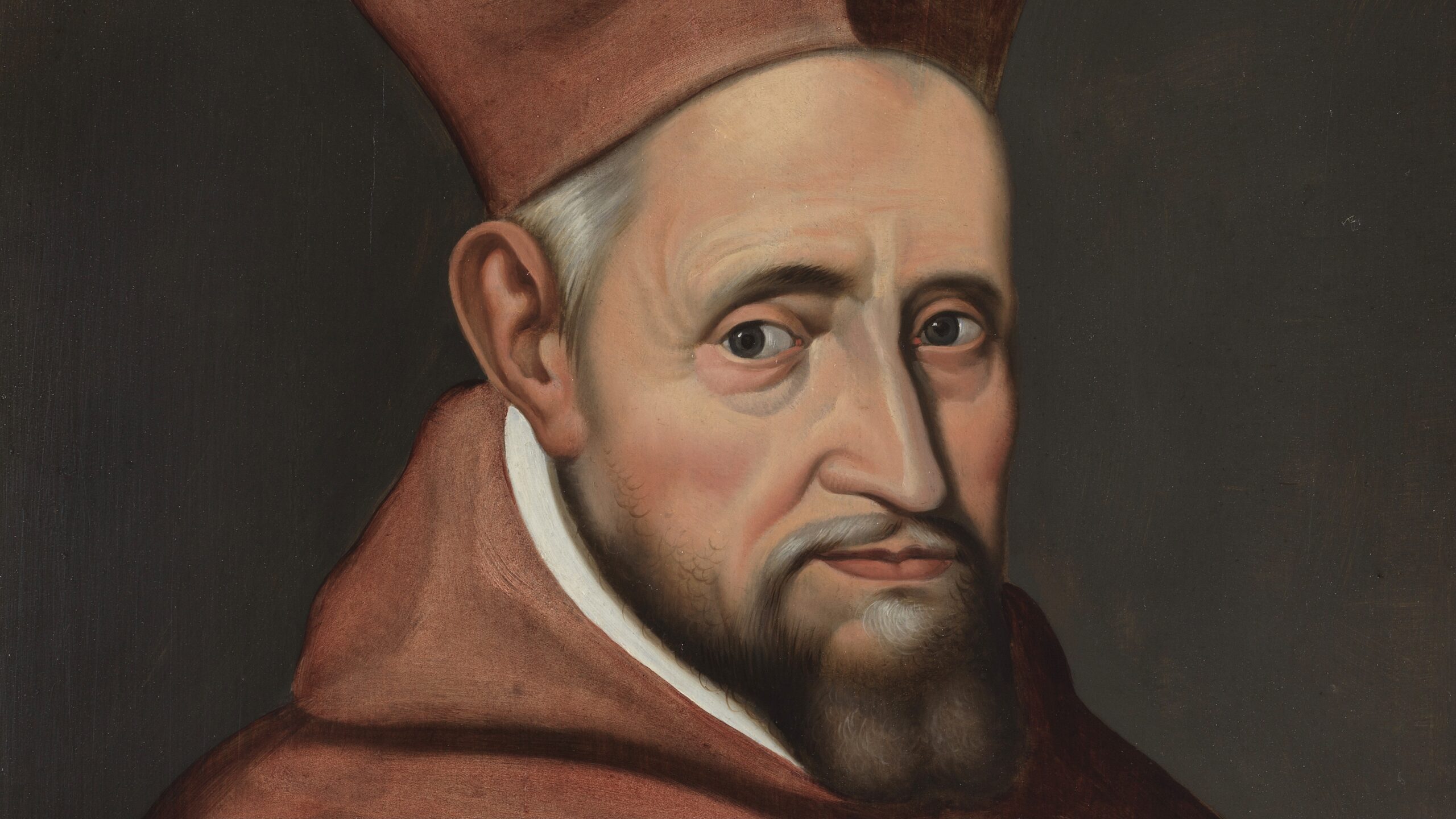 I have argued before that a pope can not be a heretic. There is nothing that makes it theoretically impossible; the Holy Spirit only protects the pope from binding Catholics to heresy. But it seems to me that the safest way for the Holy Spirit do to this is simply to ensure that no one who is a heretic, or who could become a heretic, would ever be elected pope. The other option, I guess, would be that the Holy Spirit could strike the pope down with a stroke or a heart attack just before the fatal moment when any such binding were to occur. These are extravagant speculations.
I have argued before that a pope can not be a heretic. There is nothing that makes it theoretically impossible; the Holy Spirit only protects the pope from binding Catholics to heresy. But it seems to me that the safest way for the Holy Spirit do to this is simply to ensure that no one who is a heretic, or who could become a heretic, would ever be elected pope. The other option, I guess, would be that the Holy Spirit could strike the pope down with a stroke or a heart attack just before the fatal moment when any such binding were to occur. These are extravagant speculations.
A heretic would not cease to be pope: Thoughts on Bellarmine.
BY: Henry Matthew Alt • April 7, 2017 • Apologetics; Canon Law
